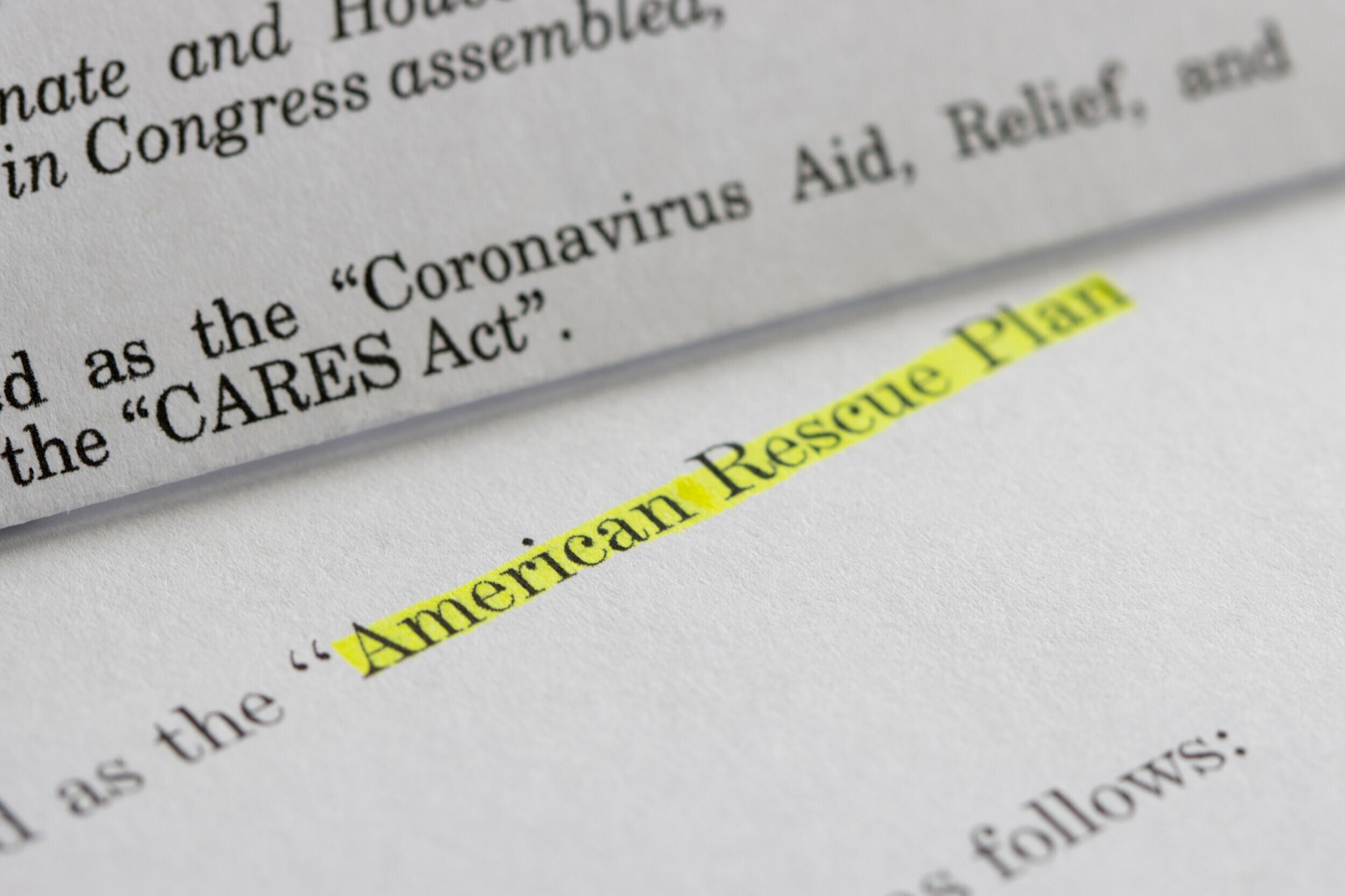Governor Kay Ivey is expected to call a special session within the regular session next week after she delivers her State of the State address to authorize spending of more than $1 billion in federal American Rescue Plan Act (ARPA) money.
According to a draft of the bill obtained by 1819 News that is expected to be considered in the special session, the legislature will grant broad discretion to the executive branch and its agencies to allocate the funding.
Although some had hoped tax relief would be a part of this ARPA package, that will not be the case.
Sources tell 1819 News that the Treasury Department's guidelines hamstrung lawmakers from offering tax relief. Under those guidelines, given that no so-called Revenue Replacement funds were available to the State of Alabama in this round of ARPA spending, there were not as many options as there were with the first round of ARPA spending.
Although the draft legislation defines how the funds shall be spent, it does not lay out specific requirements, apparently leaving those determinations up to executive branch agencies.
The lion's share of the funding will go to "infrastructure" expenses — $660 million split between water and sewer systems and broadband. More than $339 million will be dedicated to public health reimbursements.
Proposed spending breakdown as follows:
Public Health — $339,175,000
SEIB - reimbursement of Covid-related expenses -$40,000,000
PEEHIP - reimbursement of Covid-related expenses -$40,000,000
Mental Health-Reimbursement of Covid-related expenses -$5,000,000
Mental Health-Noncapital expenses; provider payments -$18,000,000
Veterans Affairs - Mental Health programs -$2,000,000
COVID Vaccine Voucher Reimbursements - Universities -$175,000
Voluntary Clinical Trial and Healthcare Research Program -$20,000,000
Telemedicine Grant Program -$9,000,000
Hospitals - reimbursement of Covid-related expenses -$100,000,000
Veterans Hospitals - reimbursement of Covid-related expenses -$5,000,000
Nursing Homes - reimbursement of Covid-related expenses -$100,000,000
Infrastructure — $660,000,000
Broadband (including Cybersecurity) -$260,000,000
Water/Sewer System Grants -$395,000,000
Wastewater Septic System Grants -$5,000,000
Negative Economic Impacts — $55,000,000
Community Covid-related assistance programs or services, including: -$55,000,000 (Includes: Food banks, services for child-welfare-involved families, services to victims of domestic violence, services for senior citizens, services for mental health disorders and behavioral analysis, support for long-term housing, summer learning opportunities or athletic programs or services to school-aged children)
Response and Mitigation — $5,000,000
Department of Labor - hearing expenses
Administrative — $1,006,797.72
The draft is reminiscent of how the legislature ceded spending authority to Gov. Kay Ivey in a 2020 executive amendment to allocate $1.8 billion of CARES Act funding provided by the federal government in response to the COVID-19 pandemic.
Jeff Poor is the executive editor of 1819 News and host of "The Jeff Poor Show," heard Monday-Friday, 9 a.m.-noon on Mobile's FM Talk 106.5. To connect or comment, email jeff.poor@1819News.com or follow him on Twitter @jeff_poor.
Don't miss out! Subscribe to our newsletter and get our top stories every weekday morning.









